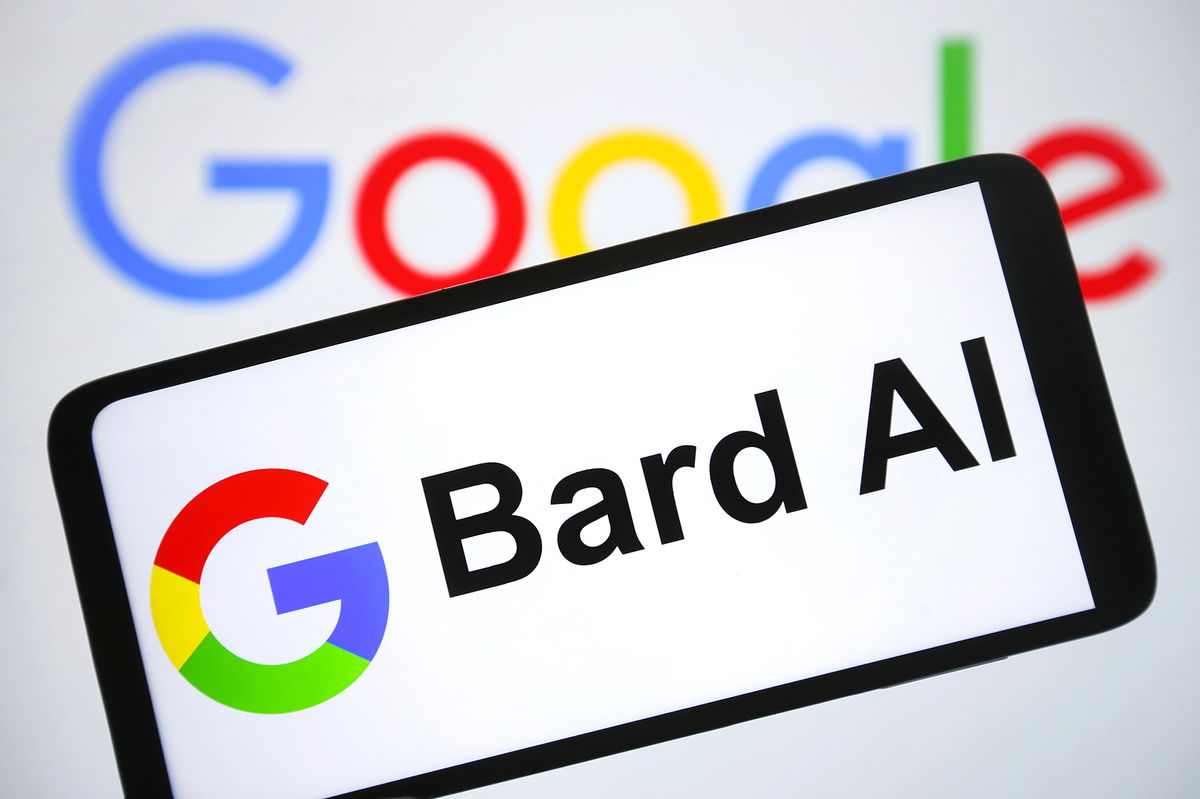Google begins rolling out its ChatGPT rival

(CNN) -- Google is opening up access to Bard, its new AI chatbot tool that directly competes with ChatGPT.
Starting Tuesday, users can join a waitlist to gain access to Bard, which promises to help users outline and write essay drafts, plan a friend's baby shower, and get lunch ideas based on what's in the fridge.
A company representative told CNN it will be a separate, complementary experience to Google Search, and users can also visit Search to check its responses or sources. Google said in a blog post it plans to "thoughtfully" add large language models to search "in a deeper way" at a later time.
Google said it will start rolling out the tool in the United States and United Kingdom, and plans to expand it to more countries and languages in the future.
The news comes as Google, Microsoft, Facebook and other tech companies race to develop and deploy AI-powered tools in the wake of the recent, viral success of ChatGPT. Last week, Google announced it is also bringing AI to its productivity tools, including Gmail, Sheets and Docs. Shortly after, Microsoft announced a similar AI upgrade to its productivity tools.
Google unveiled Bard last month in a demo that was later called out for providing an inaccurate response to a question about a telescope. Shares of Google's parent company Alphabet fell 7.7% that day, wiping $100 billion off its market value.
Like ChatGPT, which was released publicly in late November by AI research company OpenAI, Bard is built on a large language model. These models are trained on vast troves of data online in order to generate compelling responses to user prompts. The immense attention on ChatGPT reportedly prompted Google's management to declare a "code red" situation for its search business.
But Bard's blunder highlighted the challenge Google and other companies face with integrating the technology into their core products. Large language models can present a handful of issues, such as perpetuating biases, being factually incorrect and responding in an aggressive manner.
Google acknowledged in the blog post Tuesday that AI tools are "not without their faults." The company said it continues to use human feedback to improve its systems and add new "guardrails, like capping the number of exchanges in a dialogue, to try to keep interactions helpful and on topic."
Last week, OpenAI released GPT-4, the next-generation version of the technology that powers ChatGPT and Microsoft's new Bing browser, with similar safeguards. In the first day after it was unveiled, GPT-4 stunned many users in early tests and a company demo with its ability to draft lawsuits, pass standardized exams and build a working website from a hand-drawn sketch.
The-CNN-Wire
™ & © 2023 Cable News Network, Inc., a Warner Bros. Discovery Company. All rights reserved.
